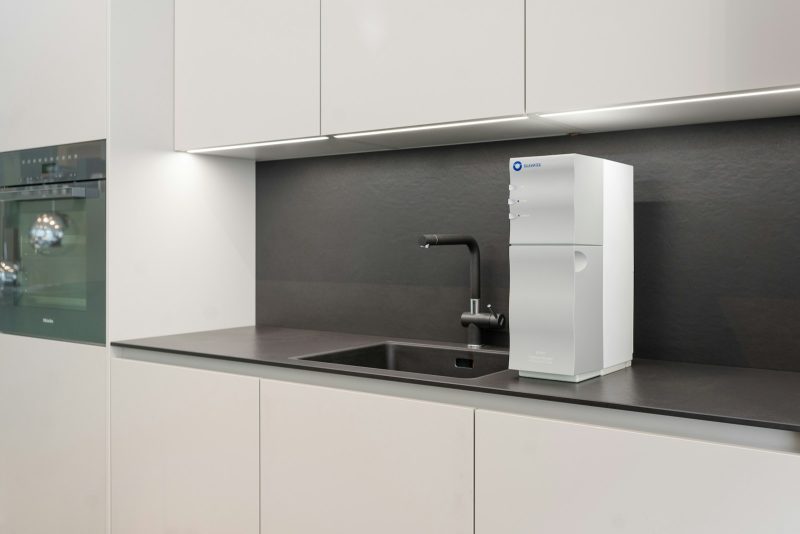Filtration cartridges are essential components in water treatment systems. They are designed to remove impurities and contaminants from water, ensuring it is safe for consumption and use. These cartridges come in various sizes and types, tailored to meet specific filtration needs. Their importance has grown as concerns over water quality increase globally.
The effectiveness of a filtration system largely depends on the quality of its cartridges. Proper selection and maintenance of these cartridges can significantly improve water quality. They are used in residential, commercial, and industrial applications, highlighting their versatility and importance in maintaining clean water supplies.
Types of Filtration Cartridges
Filtration cartridges vary based on the materials used and their intended purpose. Common types include activated carbon cartridges, which are excellent at removing chlorine, odors, and organic compounds. Another popular type is the sediment cartridge, which filters out dirt, sand, and rust particles. Specialized cartridges, such as those with reverse osmosis or UV sterilization capabilities, are used for more advanced purification needs.
Choosing the right cartridge depends on the specific impurities present in the water. For instance, if the water contains high levels of sediments, a sediment cartridge is suitable. For taste and odor issues, activated carbon cartridges are preferred. Advanced systems may combine multiple cartridge types for comprehensive purification.
Importance of Proper Maintenance
Regular replacement of filtration cartridges is crucial for maintaining water quality. Over time, cartridges become clogged with impurities, reducing their effectiveness. A clogged cartridge can lead to decreased flow rate and compromised filtration performance. It is recommended to follow manufacturer guidelines for replacement intervals to ensure optimal operation.
Proper maintenance also involves cleaning and inspecting cartridges for damage. Damaged or worn-out cartridges should be replaced immediately to prevent contamination. Maintaining a schedule for cartridge replacement helps sustain the efficiency of the entire filtration system and prolongs its lifespan.
Choosing the Right Filtration Cartridges
Selecting the appropriate filtration cartridges is vital for achieving desired water quality. Factors such as water source, contaminants, flow rate, and system compatibility must be considered. Consulting with water treatment professionals can help identify the best options for specific needs.
Advanced Filtration Technologies
Modern filtration cartridges incorporate advanced technologies to enhance purification efficiency. Some cartridges feature multi-layer filtration media that target different contaminants simultaneously. Others include antimicrobial coatings to prevent bacterial growth within the cartridge. These innovations improve the longevity and effectiveness of filtration systems.
Additionally, some cartridges are designed for easy installation and replacement, reducing maintenance time and effort. The integration of smart sensors and monitoring systems allows users to track cartridge performance and receive alerts when replacements are needed. These technological advancements contribute to more efficient and user-friendly water treatment solutions.
Conclusion
Filtration cartridges play a critical role in maintaining water quality across various settings. Their selection, maintenance, and technological advancements are key factors in ensuring safe and clean water. As water treatment needs evolve, so do the options for filtration cartridges, offering improved performance and convenience.
For more information on high-quality filtration solutions, visit dutchfiltration.com. Their comprehensive range of products supports effective water purification tailored to diverse requirements. Proper understanding and management of filtration cartridges are essential for achieving optimal water quality and safety.








